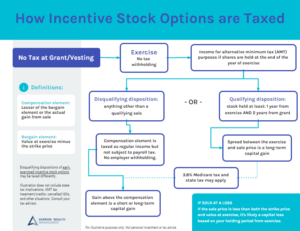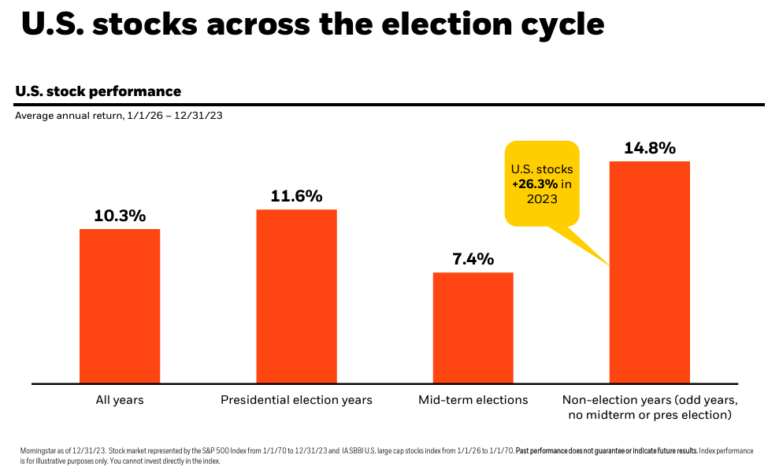What happens to employees when a company is bought out? Depending on your position, it can be stressful to work for a company when it gets acquired. If your company was recently sold, you may have questions about your stock, 401(k), and what to expect during a merger. Here’s everything you need to know if your company is being sold.
What to expect if you hear your company is being acquired
Depending on the size of your company and your role, you might find out about a deal in the works early on, which can be both a blessing and a curse. Hearing the news through a press release or under similar circumstances often hits like a bomb. While you try to make sense of the news, do your best to remain as unemotional as possible.
If you have not gone through this before, keep in mind that the deal isn’t final until it is. The offer timeline, negotiations, and due diligence process can vary significantly with each deal. Expect the rumor mill to be active and the stock price to be volatile during this time.
Even after the deal is done, it often takes months to sort out what the sale means for employees. Throughout the process, try to keep an open mind about what this means for you financially and professionally. As you await additional clarity and details, there are some things you can do to prepare for the transition.
What happens to employees when a company is bought by another firm?
While staying at the resulting organization post-deal may not be totally up to you, timing is important. Leaving on your own could mean missing out on a large severance package. Further, additional time at the company before the deal is finalized means you’ll have longer to vest in or earn certain benefits, such as a 401(k) match, bonus, stock options, or restricted stock units. As you consider new opportunities with other companies, consider the pros and cons of leaving before the dust settles.
There are, of course, many non-financial issues to consider during this time as well. If you have been thinking about shifting your focus or exploring another part of the industry, this may be a great time to seriously investigate what that kind of transition may look like. Until the transition period begins, you likely won’t know what the new company or resulting organization may have planned for you. Until then, try to keep an open mind, an acquisition could be beneficial to your career.
Regardless of how you ultimately decide to move forward, try not to let the stress or frustration of the situation impact your professional relationships.
What happens to your 401(k) if your company is sold?
If your company merges with another or is bought out, your 401(k) will likely go through a transition too. The acquiring company has a few options:
- Maintain separate 401(k) plans for the rest of the plan year or an ongoing basis
- Terminate your old 401(k) plan and enroll employees in the new company’s retirement plan
- Freeze or terminate the old 401(k) and choose not to offer a replacement plan (less likely)
- Keep assets in your old plan but direct future contributions to the new plan
If the plans is terminated and merged, the money from your old plan will automatically get rolled into your new 401(k). Depending on how the plan transition is structured, you may be able to roll the money from your old 401(k) to an IRA. It’s also possible that the plans must be kept separate until you change jobs.
If you have an outstanding 401(k) loan
Talk to your HR department. The acquiring company could assume your 401(k) loan, but they could also require you to pay it back. If you decide to leave the company, your loan will also be payable immediately.
What happens to your stock options or RSUs if your company is bought out?
If you have been granted incentive stock options (ISOs), non-qualified stock options (NSOs), or restricted stock units (RSUs), you know how important your vesting schedule is. Should you leave your company before the merger or acquisition is complete, you will almost certainly forfeit your unvested options or awards.
But what happens to stock options or RSUs after a company is acquired? Although unvested options or awards can be cancelled, in most situations employees don’t walk away empty-handed. What will ultimately happen to your stock options or awards will depend on a number of factors, such as the terms of the deal and provisions contained in the M&A agreement, your equity incentive plan, type of equity compensation granted, and so on. Read more on what happens to stock options or restricted stock units after a merger or acquisition.
Getting your finances ready for the sale and transition
If you’ve changed jobs before, you may have a few old retirement plans left behind. One of the first things we will do with new clients is help them consolidate all of their old 401(k)s and IRAs at one financial institution, so they can be viewed and managed in one place.
As you’re logging into your retirement accounts, take a look at your current 401(k). When was the last time you rebalanced your investments? Is your asset allocation appropriate? Are you taking advantage of low-cost investment options? Finally, review your plan documents to find out when you’re vested in any company matching contributions.
During this process, also take a look at how much cash you’re keeping on hand. While a typical rule of thumb suggests holding 3-9 months of non discretionary expenses in a savings account depending on your situation, some individuals end up holding way more cash than they need simply because they’re not sure how best to use it.
Every industry has its own unique challenges. For professionals in biotech, pharma, and life sciences, the challenge is that most individuals don’t stay at one company long enough to understand the benefit package or get their finances in order. Even when frequent job transitions are considered normal, finding out your company is about to be acquired can still be very stressful time for many employees.
How employees can make the most mergers and acquisitions
There’s no doubt that navigating a job transition can be unsettling, particularly when you have little control over the process and outcome. Keeping your focus on the aspects you can control and maintaining a positive outlook about the potential opportunities that may arise as a result of the pending deal can help with the day-to-day.
Transitional periods can be a perfect opportunity to get organized and seek help from a fee-only financial advisor to begin taking a more deliberate approach to planning and investing.












